More than 100 years on after Einstein’s 1921 Nobel Prize, some confusion remains around the committee’s reasons for omitting relativity.
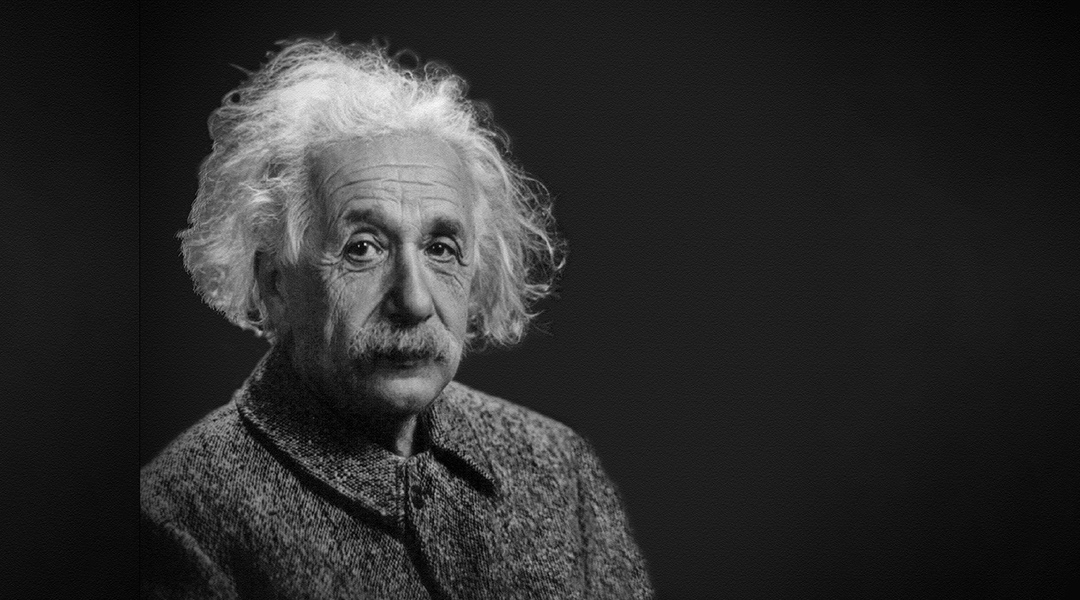

More than 100 years on after Einstein’s 1921 Nobel Prize, some confusion remains around the committee’s reasons for omitting relativity.

A new carbon capture technique called supercapacitive swing adsorption separates carbon dioxide from gaseous mixtures in the air and industrial flue gases.
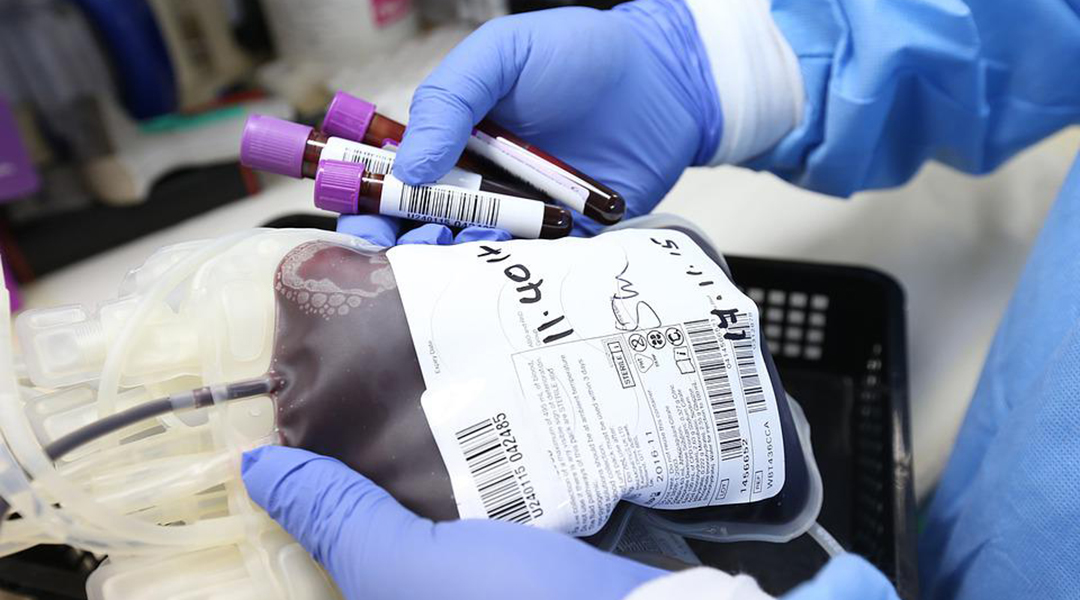
A new drug called momelotinib reduces the need for blood transfusions in anemic patients suffering from myelofibrosis.
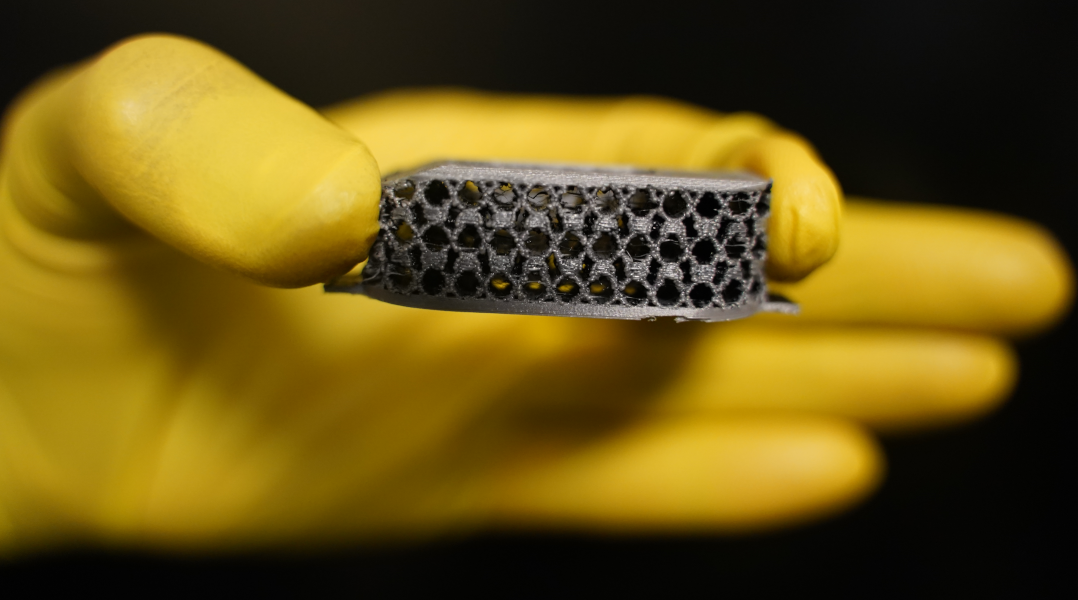
While radiographic imaging can evaluate bone healing post surgery, a smart, self-aware implant could eliminate unnecessary exposure to radiation.
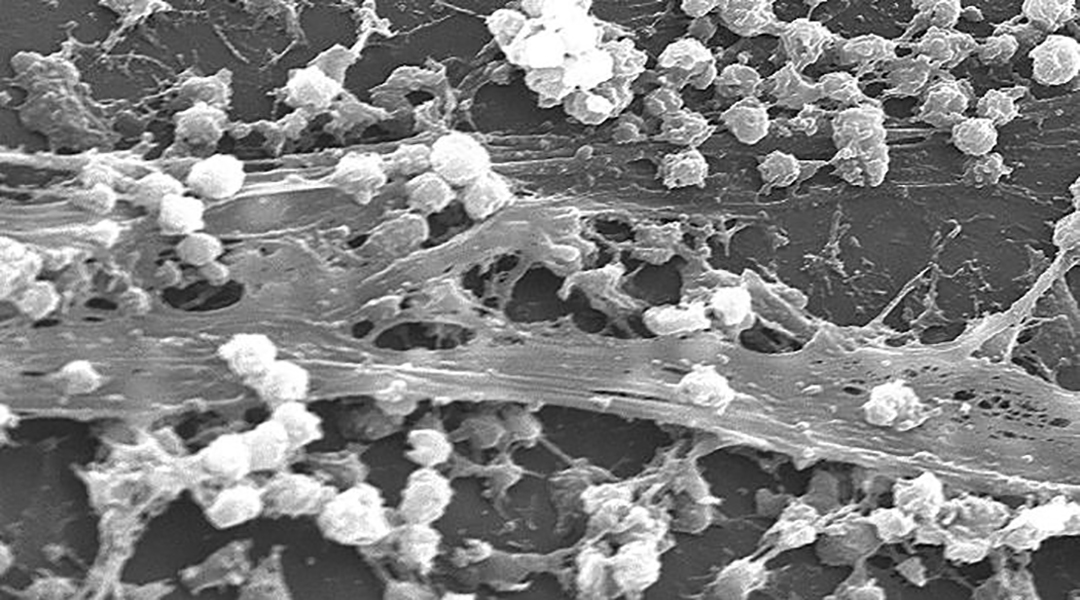
A new antibacterial surface treatment could help improve the safety of medical devices by minimizing the risk of infection during their use.

Past disasters show public concern surrounding nuclear energy is legitimate, but better regulation could help allay fears.
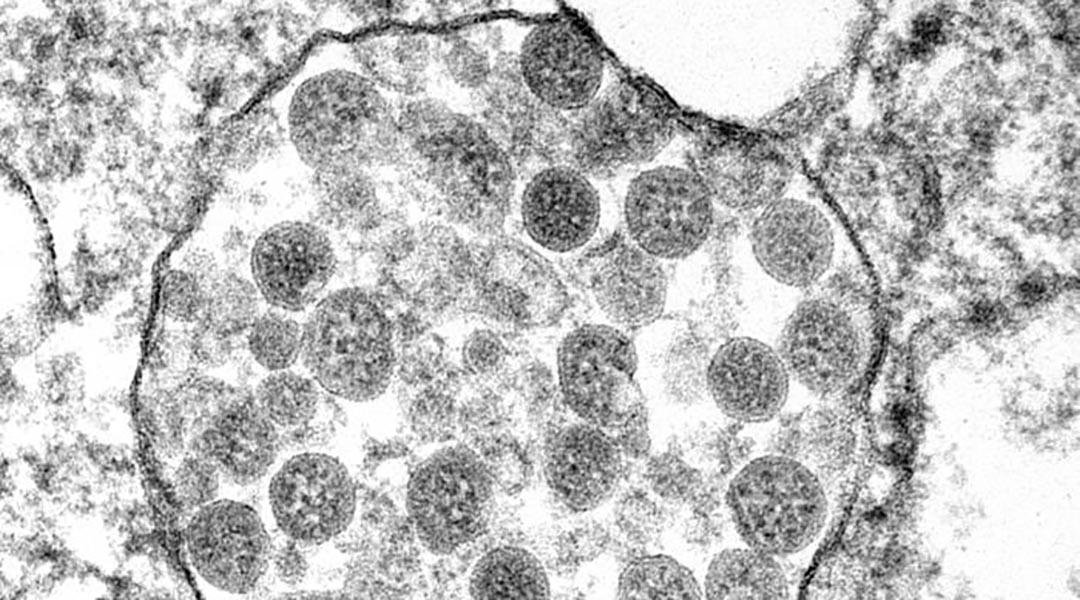
Using nanoparticles fitted with ACE2 receptors, researchers hope to lure SARS-CoV-2 away from healthy cells to inhibit the virus and treat infection.
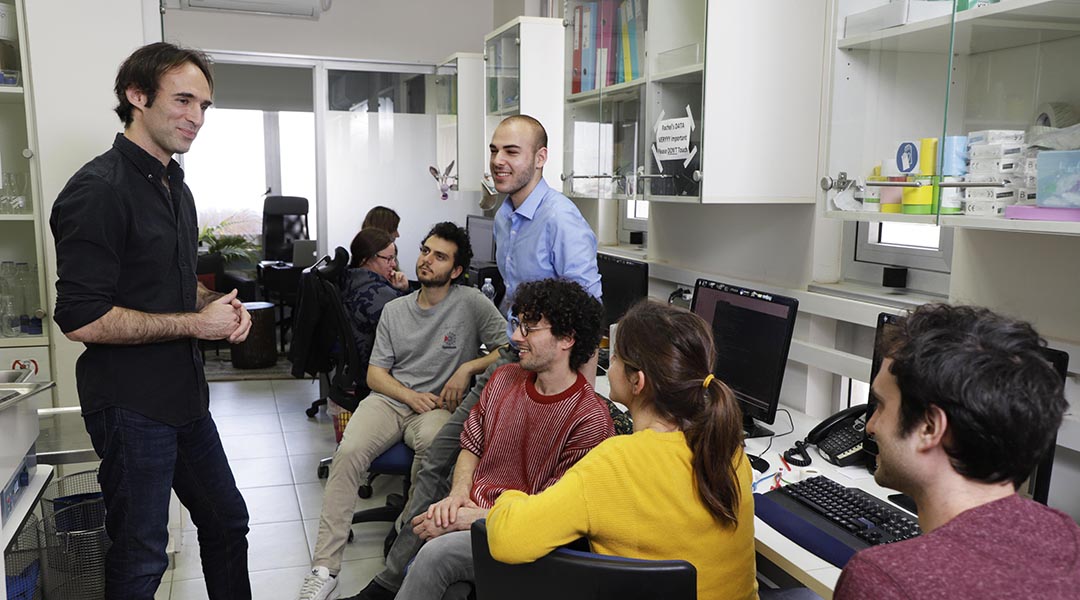
Neurobiologist Oded Rechavi investigates epigenetics, a curative use for brain parasites, and helped piece together the Dead Sea Scrolls using DNA.

Roughly 70% of neon produced in the world is used in semiconductor chip manufacturing, and supply chain issues might cause big disruptions.

By changing the blood type in a set of donor lungs, researchers hope to one day create universal donor organs.